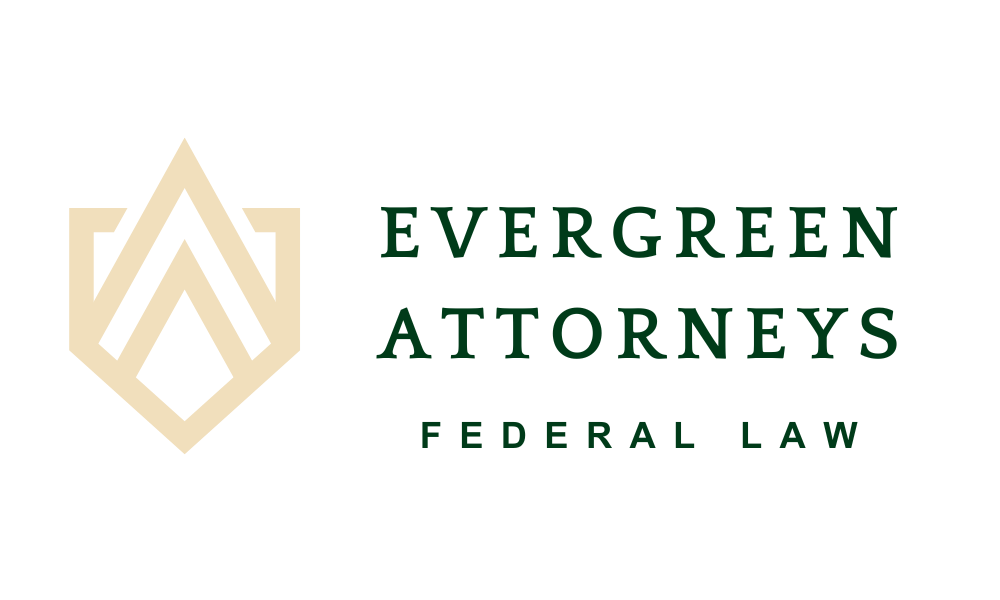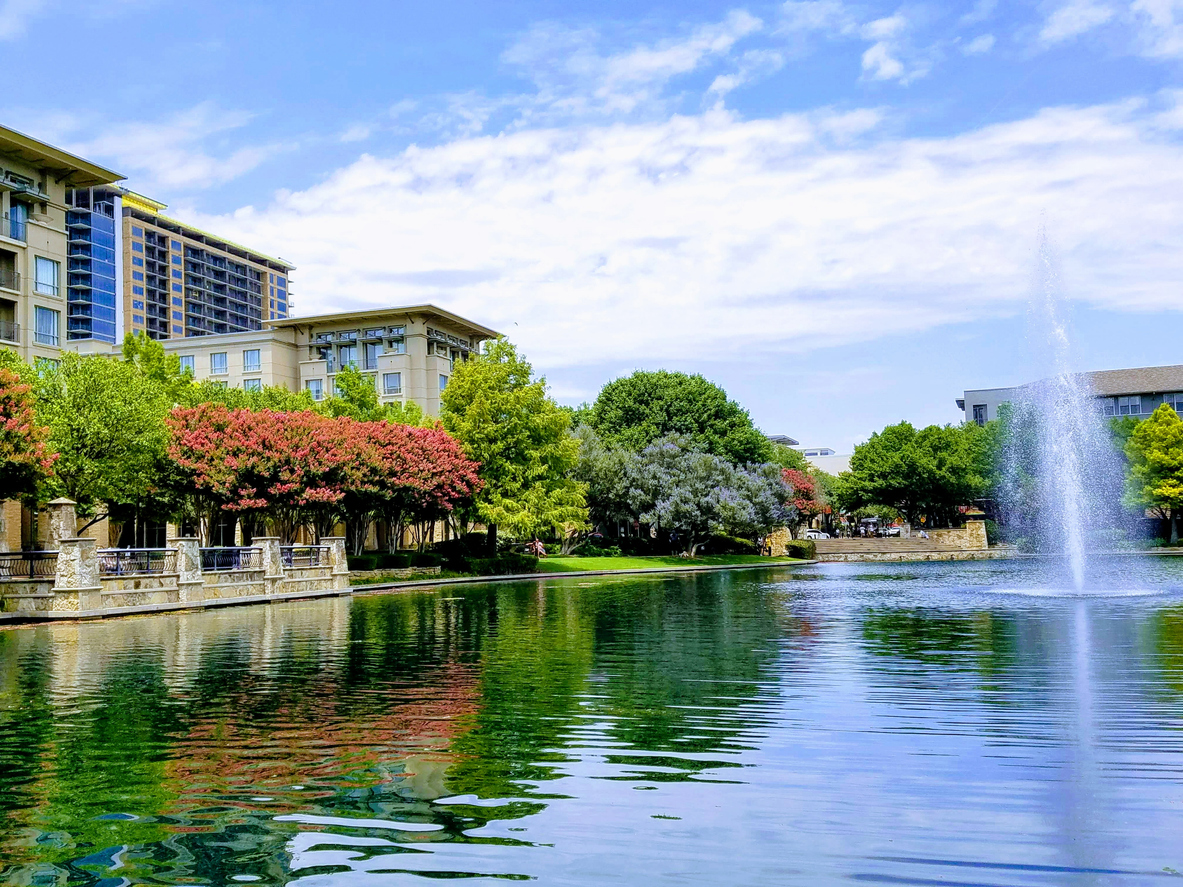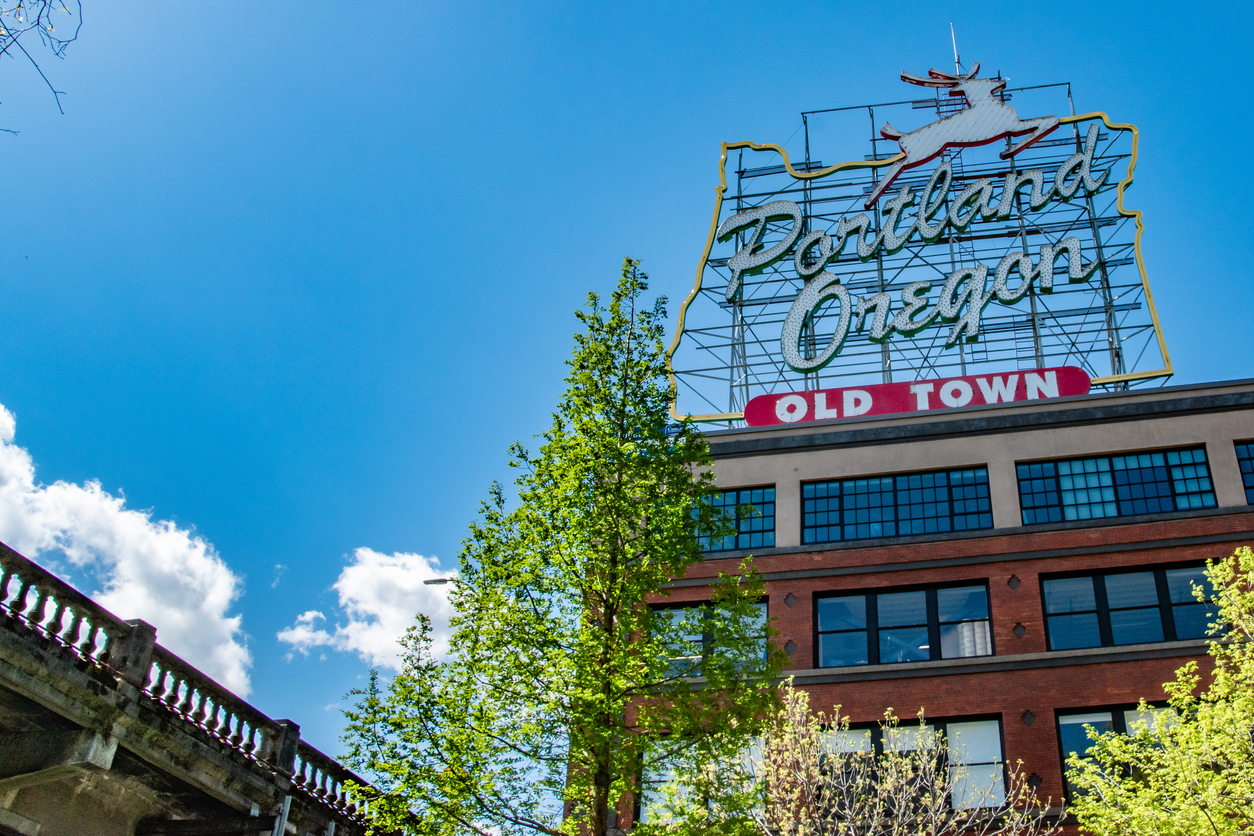Share
Share

Denver Federal Appeals Lawyer
A Denver federal appeals lawyer knows that you are looking for hope after a conviction or sentence. Evergreen Attorneys focus exclusively on providing exceptional representation in federal criminal defense cases. We also are well versed in federal criminal appeals in the 10th Circuit and across the country.
Challenging a federal conviction or sentence can be an overwhelming process. You may wonder if there is anything more you can do, or if the court’s decision is final. A conviction is not always the end of the road. With the help of a Denver federal appeals attorney, you may have the opportunity to challenge mistakes made during trial through the federal appeals process. Read more below about the federal appeals process or simply pick up the phone at call Evergreen Attorneys today at (303) 948-1489. Hope and a plan to get your life back on track are just a phone call away.
What Is a Federal Appeal?
A federal criminal appeal is a request for a higher court to review claims of error, typically occurs after a person is convicted and sentenced in federal district court. These appeals, often called direct appeals, are a legal opportunity to seek relief from possible procedural errors, ensuring due process.
Federal criminal appeals are heard by three-judge panels of the various U.S. Circuit Courts that cover 12 different geographic regions. For example, all appeals from federal criminal sentences and convictions which occurred in Denver are heard at the U.S. Court of Appeals for the Tenth Circuit. The three judges to hear your federal criminal appeals case will be assigned at random from the active judges in a given circuit.
Key Steps in the Federal Appeals Process
All appellate courts follow the Federal Rules of Appellate Procedure. Each circuit court has its own set of local rules in addition to the Federal Rules. This creates some variations in how the appeal process proceeds depending on the location of the court. However, criminal direct appeals typically all follow the same appellate process:
- Filing Of a Notice Of Appeal
- The first step in any direct appeal is the filing of a notice of appeal. In criminal cases, a notice of appeal must be filed within 14 days of the day written judgment was entered by the district court. The notice of appeal must contain certain information, such as the order being appealed and name of the court to which the appeal is taken.
- Jurisdiction Is Transferred To The Court Of Appeals
- Once a notice of appeal is filed, jurisdiction over the criminal case is transferred to the court of appeals. This means that, except in few limited circumstances, the district court loses jurisdiction over the criminal case until the direct appeal is concluded.
- The Record On Appeal
- Once the appeal has been transferred to the federal court of appeals, the court requires a “record on appeal.” The appellant (appealing party) is required to order any transcripts necessary for resolution of the appeal. Failure to file a timely transcript order form may be grounds for dismissal of the appeal. This is where the local rules begin to differ from circuit to circuit. This is why it is crucial to consult a Denver federal appeals attorney who is well acquainted with the Tenth Circuit’s rules and regulations.
- The Briefing Schedule
- Once the transcripts have been ordered and the record on appeal completed, the court of appeals will typically issue a briefing schedule. Again, the time and manner of a briefing schedule is different for each circuit.
- Filing Briefs
- The appeal process requires each party to file briefs setting forth their arguments and supporting authority. Every circuit has slight variations on what contents are required for a sufficient brief. The appellant, or party appealing an order, files their opening brief. The appellee then files a brief in response. The appellant then may file a reply brief, but it is usually not required.
- Panel Assignment
- Federal criminal appeals are decided by a three-judge panel on the court of appeals. These panels are usually not assigned until after briefing has concluded.
- Oral Argument
- If the panel determines that additional argument beyond the briefing is necessary to resolve the appeal, it will schedule a time for the parties to present oral argument. During oral argument, the attorneys for each party will have the opportunity to present their case before the three-judge panel.
- During oral argument, the panel usually asks a lot of questions. How an attorney handles oral argument can make or break an appeal. Knowledge of the law and issues, as well as the ability to think quickly on their feet, is a necessity for good appellate representation.
- The Decision
- The Court of Appeals will issue a decision on the appeal either based on the briefs or after oral argument if it is ordered. The appellate court will decide whether to affirm the district court’s judgment, remand to the district court for further proceedings, or vacate or reverse the district court’s ruling.
- In some cases, the panel will issue what is known as a published opinion. These opinions create binding case law on all other cases in that circuit.
- Petition For Rehearing
- After the court issues its judgment, either party can move for panel rehearing or rehearing en banc. If panel rehearing is granted, the original three-judge panel will reconsider the appeal based on arguments made in the petition for rehearing.
- En banc rehearing means that every judge sitting in that circuit will participate in rehearing instead of just the original three-judge panel. Rehearing en banc is usually reserved for cases that raise substantial issues. A petition for rehearing en banc must contain a statement that:
- the panel decision conflicts with a decision of the circuit court;
- the panel decision conflicts with a decision of the U.S. Supreme Court;
- the panel decision conflicts with a published decision of another circuit court; or
- the proceeding involves questions of exceptional importance.
- The Supreme Court
- After judgment is entered by the court of appeals, either party may choose to seek further review by the United States Supreme Court by filing a petition for writ of certiorari. If the Supreme Court grants certiorari, further briefing and argument will be held by the Supreme Court.A decision by the U.S. Supreme Court is final and controlling. If the Court denies certiorari or decides the case on the merits, that is the end of the appellate process.
Why Choose a Denver Federal Appeals Lawyer
Appeals are not simply “second trials.” These are complex proceedings that require a different skill set than trial advocacy. Working with a Denver federal appeals lawyer means having someone who not only knows the ins and outs of appellate procedure, but also understands how the 10th Circuit Court of Appeals operates on a practical level.
We win cases in the 10th Circuit Court of Appeals. We file appeals all across the country. We even handle high profile cases in front of the U.S. Supreme Court.
Attorney Zachary Newland has handled numerous cases before the 10th Circuit Court of Appeals, which sits right here in Denver. We know the circuit’s local rules and find ourselves familiar with the Colorado judges that may hear your case. In federal appeals, you are limited to the trial court’s record, meaning you need lawyers who are experienced in appellate advocacy to spot, preserve, and argue the existing issues that matter most.
Denver Federal Appeals FAQs
What court handles appeals from Denver courts?
Generally, if your case began in the U.S. District Court for the District of Colorado located in Denver, your appeal will likely be heard by the U.S. Court of Appeals for the 10th Circuit, which also sits in Denver.
What are the deadlines for appealing in Denver?
In federal criminal cases, the notice of appeal must be filed with 14 days of the judgement or sentencing.
How long does a federal appeal take?
Federal appeals are not quick. Cases can take six months to over a year from the filing of the notice of appeal. Of course, the timeline depends on factors like the complexity of the issues, the court’s docket, and whether oral argument is granted.
What are my chances of success on appeal?
Appeals are outcome-driven. Success often hinges on compelling legal argument strategies. Effective advocacy is earned with precision and experience.
Can all errors be appealed?
No. Losing a case does not automatically mean that a legal mistake was made. you do not have the right to appeal simply because you disagree with the court’s decision. Only errors raised at trial or in the district court are generally reviewable, otherwise, you may face procedural default. The most reliable way to know whether your case qualifies for appeal is to speak with an experienced attorney.
How much does it cost to appeal in Denver?
Appeal costs vary based on complexity and stage. Our firm offers free initial consultations and clear fee structures to help you navigate your appeal with financial certainty.
How Evergreen Attorneys can help you with your federal appeal
A direct appeal is one of the most powerful tools in a federal defendant’s arsenal. The federal appeals lawyers at Evergreen Attorneys have experience with courts of appeals across the country and the United States Supreme Court. We believe in personalized appeal strategy, and we want to help you.
If you are or a loved one are seeking assistance with a federal criminal appeal, contact us today at (303) 948-1489 or [email protected] for a free consultation.
Zachary Newland
Zachary Newland is an attorney, author, aspiring BBQ connoisseur, and mediocre skier. Zachary's law practice is focused on federal criminal defense, federal appellate advocacy including post-conviction remedies, civil rights litigation, and complex trial work. Zach lives in Evergreen, Colorado with his family. You can reach Zach at [email protected] to discuss your case or call him directly at 303-948-1489.
STAY IN THE LOOP
Subscribe to our free newsletter.
Colorado Healthcare Fraud Investigations Colorado [...]
The OIG’s Audit of the [...]





